How do you think of your ideas for your book?
Oh wow... My ideas come from LOTS of places. It can be totally random stuff.
I have an entire book I want to write, totally based off of one song. In fact, I've been inspired by music several times. Sometimes it's a lyric...sometimes just a single word... ("Hey, that would make a great name for a pirate ship!" Poof, book idea.) Sometimes it's just the mood the song invokes, trying to imagine a scene with that in the background.
I've found ideas in "what if?" kinds of questions. What if there were no more muses in the world? What if there was a supernatural fire-fighter, and what kind of world would require such? What if King Arthur was reborn as a modern teenage boy? stuff like that.
It almost always starts with one key image in my head, and then I have to spend the rest of the time trying to figure out what kind of world/person/situation would create that image.
If you can't tell, world building is one of my favorite things to do. I could go on forever.
How long does it take you to write a book?
Well... The first draft? Or entirely? I'll just answer both.
I can usually come up with a decent first draft in two months. After that, there's the whole beta-reading and revision process, and really how long that takes depends on how long I have. Devil, which was written with no deadline in mind, took about nine months total. Shot was a bit more hurried, just because I had a deadline to turn it in to my publisher. And realize that I also started completely over on that one, halfway through. In it's current form, it took about five months.
Of course, that said, it took me the better part of a year to write Muse, 'cause I did it in fits and starts, and as soon as I'm done writing Book 3, I'll be heading back to Muse for a major overhaul. There'll be at least two years worth of work in that book by the time I'm done.
Really, a book takes as long as it takes. I know people who can write an 80K word book in a week. I know people who write a book every two or three years. Nobody's doing it wrong.
When writing a book does your publisher dictate your corrections or do they just let you do whatever and if they do not like it have you revise it yourself?
First off, I have to say that I love love love my editor. She sees things in my book that I miss, and we're usually pretty in sync as far as fixes go.
But she never tells me that I HAVE to do something. She'll point out a trouble spot, let me know what she thinks is wrong, offers her suggestions on how to fix it. Then, I have the option to agree with her and make the changes, to agree with her but fix it in another way, or disagree with her. It's a constant dialogue, all with an eye to making the book the best it can be.
Now, yes, if I absolutely refused to do ANY revisions, there would probably be some serious problems. There are a few authors out there who have decided they are above editing, and sadly, it shows. I will always need my editors. The reason they get paid for what they do is that they're good at it.
How would you go about picking beta readers?
Initially, my betas happened by accident. Miss Chie happened because she had skills that I thought could help me, since she was an English teacher. Most of my betas happened because they too read urban fantasy, and their reading experience helps me ferret out plot holes and lame ideas. Some of my betas are writers themselves, and they can offer me good advice on pacing, and word choice, and structure.
I try to use the same betas for every book. The ones I have now have been through three books with me (two of the JJD series and then Muse) and I know I can count on them for insightful opinions. However, now and then real life interferes and one of them doesn't have time.
Then, I'd try to choose someone who had something new to bring to the table. If I was going to write YA, I'd probably find a few teens who could offer their thoughts. If I wanted to write a... I dunno... A spy thriller, maybe. I'd find someone who likes those kind of books to give it a glance. Stuff like that.
I find that it helps to have both readers and writers as betas. They read differently, but both of their outlooks are vital to making a book a coherent whole.
Thursday, November 11, 2010
Subscribe to:
Post Comments (Atom)

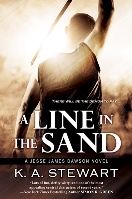
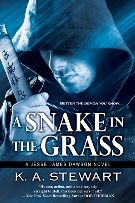
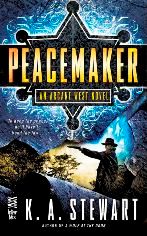
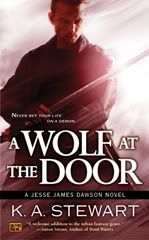
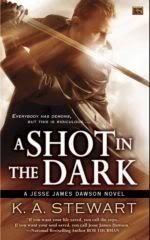

No comments:
Post a Comment